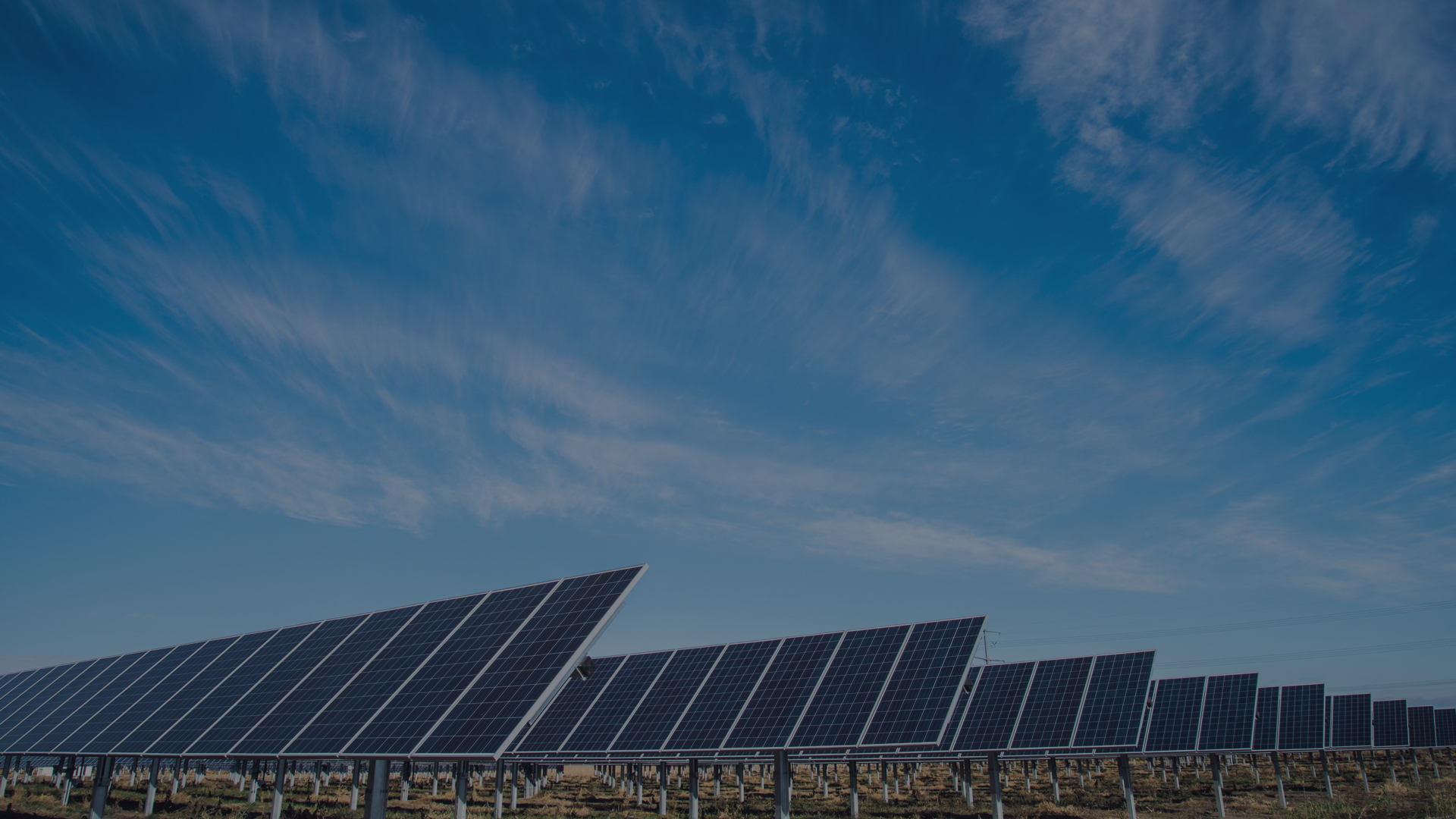The solar cells power 14 propellors
A solar-powered aircraft on course to beat the world altitude record has completed its first test ascent over the Pacific Ocean.Helios, an unmanned craft powered by 62,000 solar cells, reached an altitude of 22,800 metres (75,000 feet) before beginning its descent.
Later this year, the craft’s managers hope to send it up to 30,000 m (98,500 ft), a record for an unmanned flight and much higher than many commercial airliners fly.
The present altitude record stands at 24,000 m (79,000 ft).
The craft took off from the US Navy’s Pacific Missile Range Facility on the Hawaiian island of Kauai, where scientists say wind and sun conditions are favourable.
Boomerang look
Travelling down the runway at about 30 km/h (20 mph), it briefly touched down before immediately taking off again, its long wings bending upward as it rose.
| The craft could have telecoms, weather and military uses
|
Helios was built at a cost of $15m by the US space agency Nasa and a Californian company, AeroVironment. It is a 74-m (242-ft) translucent wing resembling a boomerang. Solar cells cover its surface and are capable of generating 40 kilowatts of power, enough to run about 100 homes.
John Hicks, programme manager, said the craft would eventually be able to stay aloft for months at a time, once fuel cells were installed that could store excess solar power for use at night.
‘Poor man’s satellite’
Because it does not have to stay in orbit like a satellite, the Helios can easily be brought down for maintenance and payload changes. It can also remain in one spot over the Earth’s surface for extended periods.
Mr Hicks said these capabilities made Helios into a kind of “poor man’s satellite”, providing telecommunications and digital television services in remote regions.
It could also be used to monitor fisheries and forest resources, track hurricanes, tornadoes and volcanic eruptions, and determine the readiness of crops for harvest.
Because it could not be detected by radar, it might also have military uses, he said.
